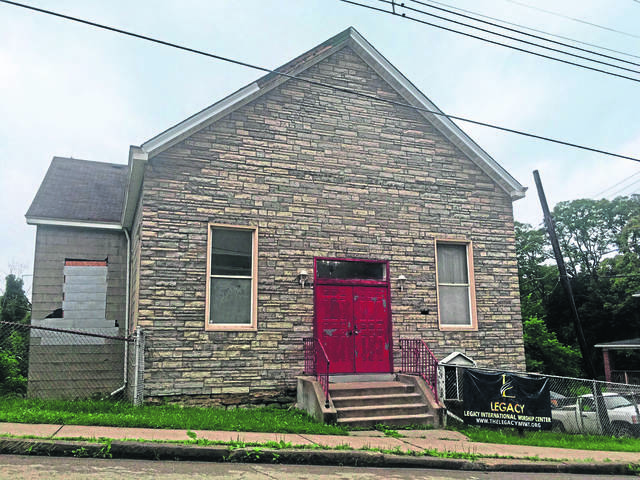https://development.triblive.com/local/pittsburgh-allegheny/experts-refugee-vetting-effective-despite-alleged-pittsburgh-terror-plot/
Experts: Refugee vetting effective despite alleged Pittsburgh terror plot

The system for vetting refugees coming into the United States is effective despite allegations by federal prosecutors that a Syrian refugee living in Pittsburgh plotted to bomb a North Side church in an ISIS-motivated attack, terrorism experts told the Tribune-Review.
“The threat posed by refugees is overall very low despite some of the rhetoric you may hear,” said Patrick James, a researcher with the University of Maryland-based National Consortium for the Study of Terrorism and Responses to Terrorism, also known as START.
“Overall, the numbers are very, very low. The refugee vetting system is effective.”
Of 496 cases identified by START where people were involved in activity supporting the terrorist groups al-Qaida and ISIS in the United States, 12 involved refugees, according to James.
“The vast majority of cases are U.S.-born individuals,” James said.
Mustafa Mousab Alowemer, 21, of Pittsburgh’s Perry South neighborhood, is the only Syrian refugee accused of being involved in a U.S.-based terror plot, according to James.
Prosecutors said Alowemer plotted to bomb Legacy International Worship Center, a small black Christian church in the North Side. Authorities arrested him Wednesday.
Prosecutors said there were warning signs in Alowemer’s case, including 2018 social media posts and communications this year with an undercover FBI agent he believed was an ISIS supporter, according to the criminal complaint filed against him. Alowemer told the agent in an April conversation that he was raised in Jordan and arrested three times there for supporting “the Jihad and the Mujahdeen (sic),” the complaint said.
Prosecutors did not indicate in the complaint whether they had verified the latter claim by Alowemer.
“With this Pittsburgh case, he certainly was exhibiting warning signs. … It seems like the FBI caught on to him pretty early,” James said.
Colin Clarke, an assistant teacher professor at Carnegie Mellon University’s Institute for Politics and Strategy, said there is no reason to use the allegations against Alowemer as a reason that refugees shouldn’t be admitted to the United States.
“It’s an unfortunate incident, and I think it’s going to be twisted. We have to look at it as what it is. It’s one data point,” said Clarke, who has written two books about terrorism, including “After the Caliphate: The Islamic State and the Terrorist Diaspora,” published this month.
Of the 30,000 refugees the U.S. is accepting this fiscal year, 106 refugees have settled in Pittsburgh since Oct. 1, and the city is expecting about three dozen more through the end of September, according to Leslie Aizenman, director of refugee and immigration services at the Jewish Family and Community Services in Squirrel Hill.
Aizenman’s group helps refugees who are settling in Pittsburgh adjust to all aspects of American life and living in the region. Alowemer was not a JFCS client, she said.
The process by which a refugee is admitted to the country is governed by the U.S. Department of State and is multilayered and requires extensive background checks, according to Aizenman.
“Each individual is interviewed multiple times,” Aizenman said.
Once they’re admitted to the country, they’re free to move where they wish, although most work with organizations like JFCS as they adjust to life here, Aizenman said.
The national immigration and refugee policy is long-standing and was followed in this case, according to Mayor Bill Peduto.
“It’s not as if he just decided to get on a plane and show up in Pittsburgh. He had to apply back in Syria,” Peduto said. “You couldn’t say which country you’re going to — it’s done through an international process which then chooses what countries are available, and then you have to go through the entire process of that nation.”
Peduto said Pittsburgh “takes pride in the fact that we are a city that is open. As refugees look to flee hell, they look to America. And unfortunately, there are those that will come over that will have bad interests in mind.”
People haven’t figured out a way to vet homegrown Americans and prevent them from committing crimes, and the same is true for refugees, Peduto said.
“I think that once you start getting rid of America being a welcoming country, you start to get rid of what America is based on.”
